Vortex
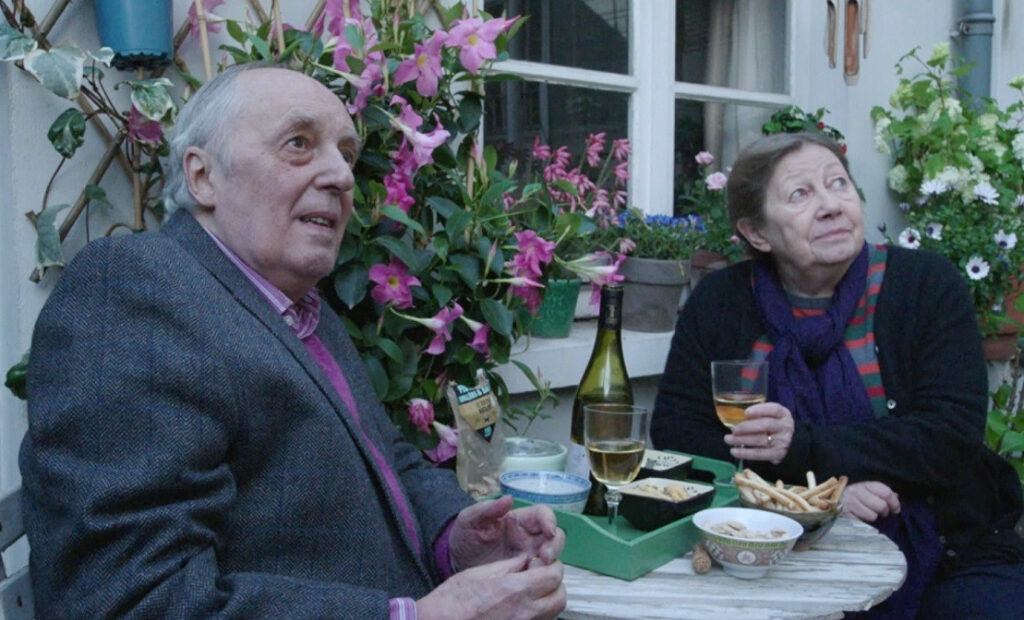
Gaspar Noé, generally a director of provocations, has made an elegant and candid feature in a lesser-spotted minor key. The filmmaker has fashioned a cluttered and claustrophobic world – a couple of worlds, in fact – tracing the closing stages of a lifelong relationship, an obdurate love between two people, comprised of an accumulation of untold memories, slipping, slowly slipping, into blank reality. The title, Vortex, indicates the whirling descent experienced by the main characters, a cinema theorist played by Dario Argento and his wife, once a psychiatrist, played by Françoise Lebrun. They are both ailing: the former has a precarious heart condition; the latter is in the last throes of Alzheimer’s. Their Parisian apartment holds piles of self-administered prescriptions, a cocktail of medication which casts a premature pall over them.
The story draws immediate parallels with Michael Haneke’s Amour, but Noé deploys a successful formal conceit that sets it apart from more conventional tellings of decline and old age. For much of the runtime, the screen is split into halves. Handheld cameras (DP Benoît Debie) dutifully follow the movements of each protagonist as both go about their day-to-day tasks. For the most part, this doubled visual effect is employed in service of the subject matter, depicting the increasingly insulated experiences of people who once knew one another intimately. Now, they pass like ships in the night, on the edge of this place and the next.
For the director, their independent waning and mutual disintegration form “a dream within a dream”, but this work generally follows a matter-of-fact, almost realist aesthetic impulse. The home – within which much of the action and discussion takes place – teems with books, papers, posters and crockery. Production designer Jean Rabasse signifies the accrual of objects over a lifetime, a material embodiment of shared affection and coexistence. Pointedly, the building will outlast them. The couple’s son (Alex Lutz) checks in from time to time, an earnest figure wrestling with a heroin problem and a son of his own. Their appearances offer the viewer a diversion from, and re-articulation of, the central union, fraught with gradually growing misunderstandings and resentments.
Dialogue between the family members has a mostly improvised quality, and Lebrun provides the astonishing focal point, an implacable and fragile black hole, sucking in and spitting out Argento’s character, named the Father, whose forlorn critical ambitions for a final book dovetail with his weakened paternal authority. Among the textures of the household and the pathos of conversation, Noé offers hazy, mystical images at several key points to indicate a liminal space between the earthly domain and its benumbed counterpart. These momentary abstractions breathe a sense of grace and sublimity into proceedings, evoking the threshold that all must pass through, the faint line between all the living and the dead.
Joseph Owen
Vortex is in selected cinemas on 13th May 2022.
Watch the trailer for Vortex here:

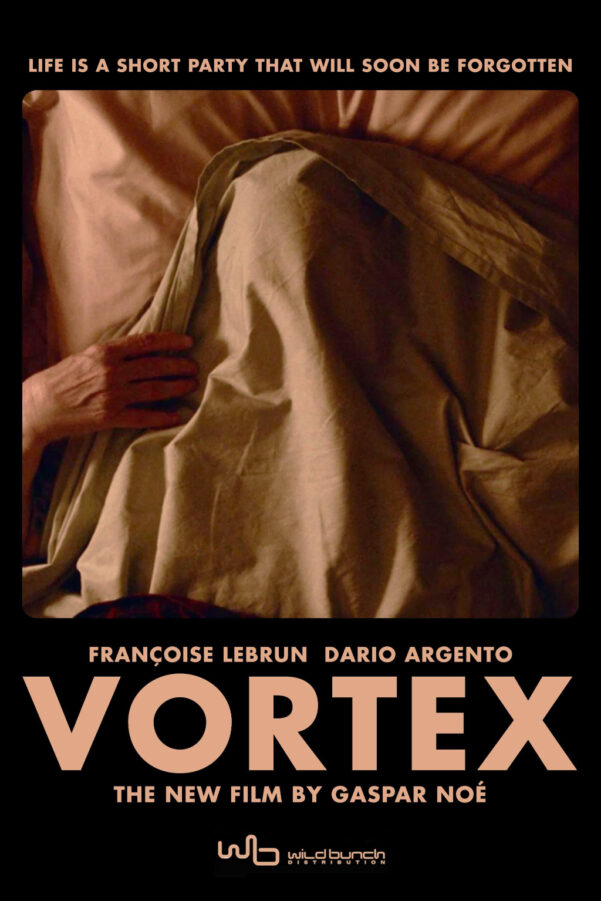





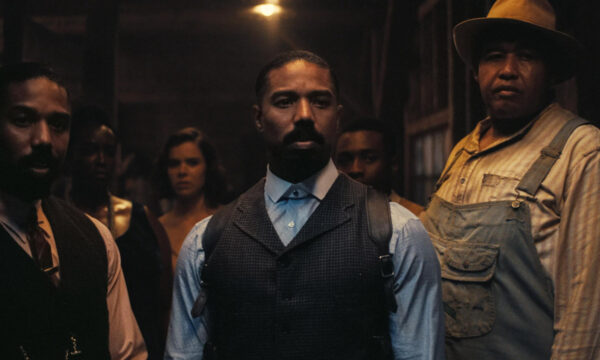
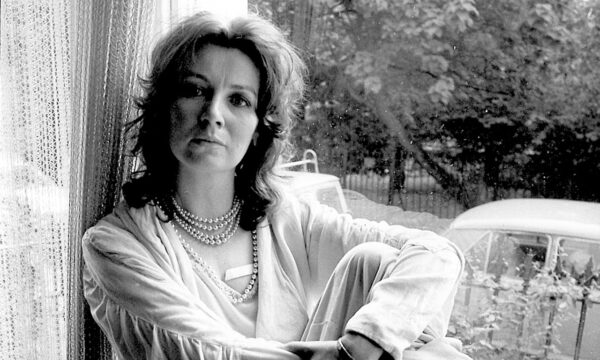
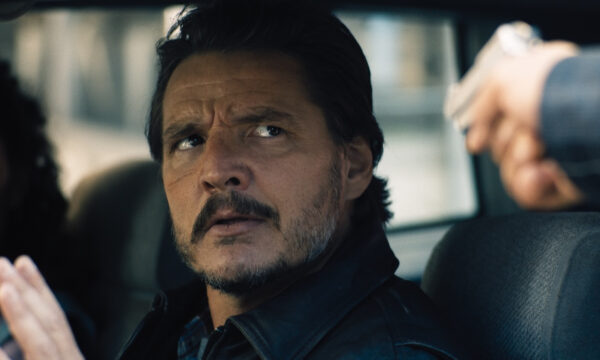
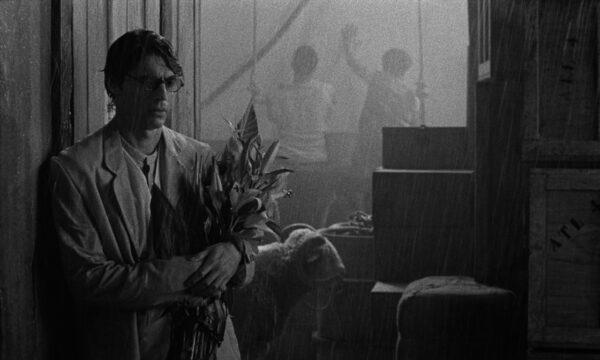















Facebook
Twitter
Instagram
YouTube
RSS